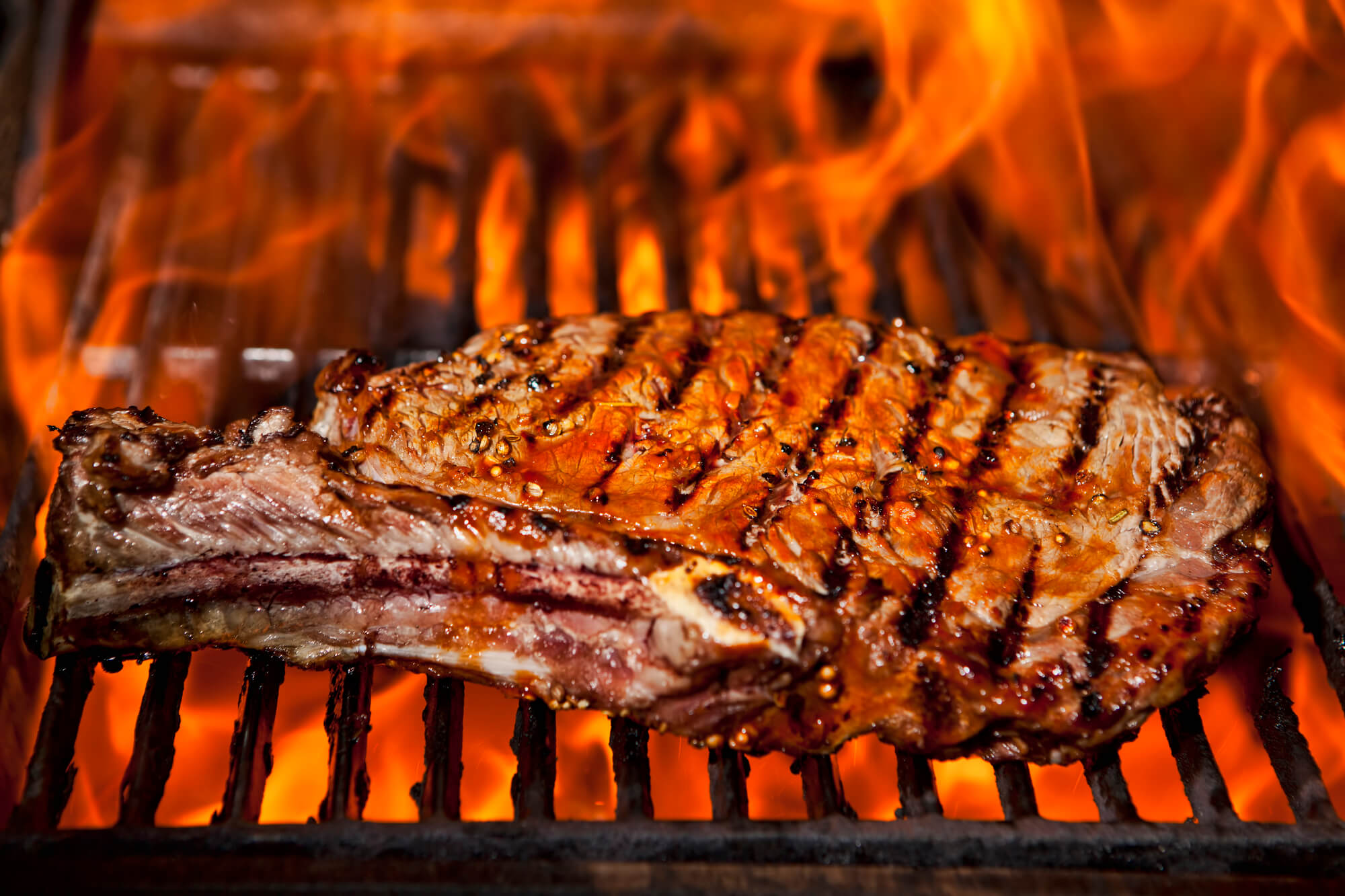Barbecue charcoal or gas grill? The most common question people keep asking since “Chicken or Egg?” The debates between the charcoal enthusiasts and the gas hotheads is now more heated than ever before. Read through our article to get an idea of how these two options vary and which one is suitable for your barbecue.
Effect of smoke
Smoke is a byproduct of combustion. The smoke from barbecue charcoal and burning grill differ to some extent. Compared to gas, charcoal makes more smoke with a wider variety of tasty flavor due to the complex burning organic molecules such as lignin and cellulose. On the other hand, gas is a simple component which produces no flavor when fully combusted except for carbon dioxide and water. Smoke can be created by adding wood fuel to either charcoal or gas. A lot of smoke occurs as the dripping from your food fall onto the hot surface underneath.
The drippings from meat are mostly protein, water, and fat, and whatever ingredient you’ve added like sauce and marinade. When these substances fall on the heat source, they vaporize and condense on the steak. For the gas grills, the flame jets are often covered using metal plates, ceramic rocks, or lava rock. These surfaces protect the burner as they absorb and radiate the heat. In gas grills, meat is not exposed to the flame directly. The drippings hit the radiant surfaces, creating smoke as they vaporize.
However, it’s important to note that smoke will not alter the flavor of your food significantly, especially meals that are prepared quickly such as skinny steaks, hot dogs, and burgers. On thick cuts, thick steaks, turkey, and chicken, smoke can have a great impact on the flavor. If you are using your grill for long and slow smoke roasting, you’ll discover that there’s a noticeable difference in how the food tastes. When mixed with wooden smoke, the combustion gases emanated from barbecue charcoal creates a unique flavor which is typical of the Southern barbecue. However, the flavor is milder and slightly bacon-like on a propane grill.
Temperature control
Controlling the temperature of a barbecue charcoal is quite difficult due to the many components that need to be moved. Although the charcoal briquettes are somewhat consistent, how they are arranged or stacked is not. Lump hardwood is greatly inconsistent, with some pieces burning faster than others. Then there is the issue of oxygen supply. The bottom and top vents, cracking of the lid, relative orientation, how windy the day is – all these aspects affect the burn’s efficiency hence the temperature inside the barbecue. Also, the coal will require topping up regularly, especially for prolonged cooking.
On the other hand, gas grills do not have these kinds of issues. Set your burner the right way, check for steadiness of your temperature, then you are done. The grill will function consistently until the fuel runs out, or until you decide to reset the operations. This kind of consistency is suitable for brisket and ribs, providing you with more time to take a few beers or work in the kitchen.
Which is the ideal choice ?
So, which of the two should you choose ? Almost all the veggies, birds, bread, and pizza can go to your gas grills. Almost all your smoking and red meats can be done with barbecue charcoal.
If you prefer the taste, then go for the charcoal. If all you need is convenience, gas would be ideal. Or best of all, you may opt to go for both. The barbecue charcoal and the gas grill can be beneficial since they all serve different functions.

